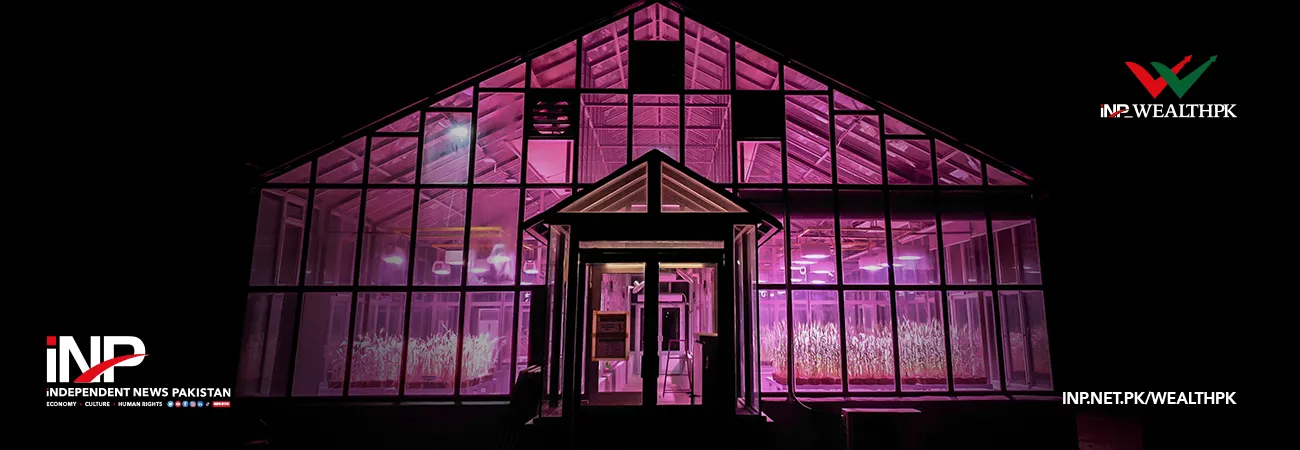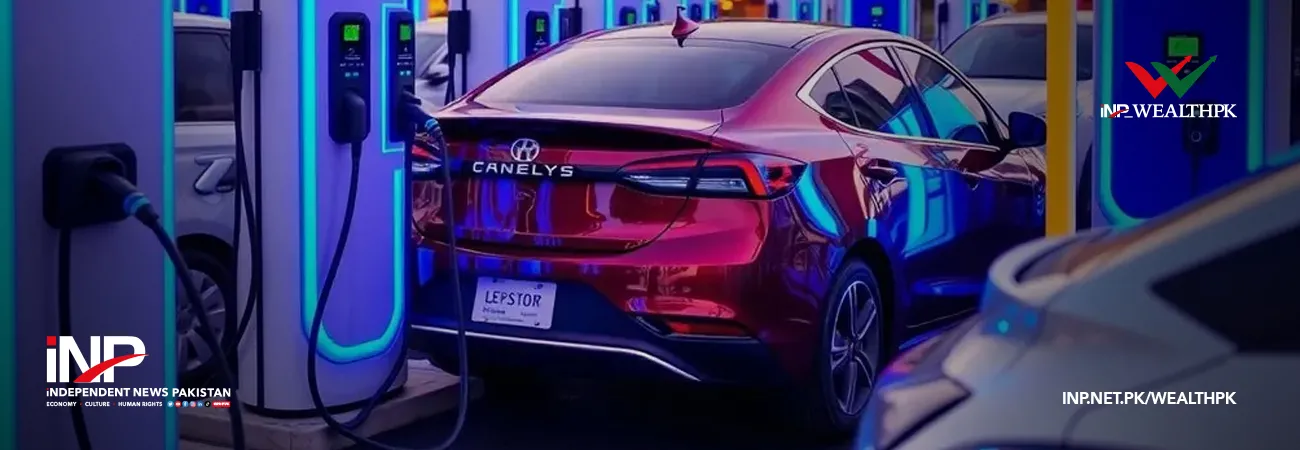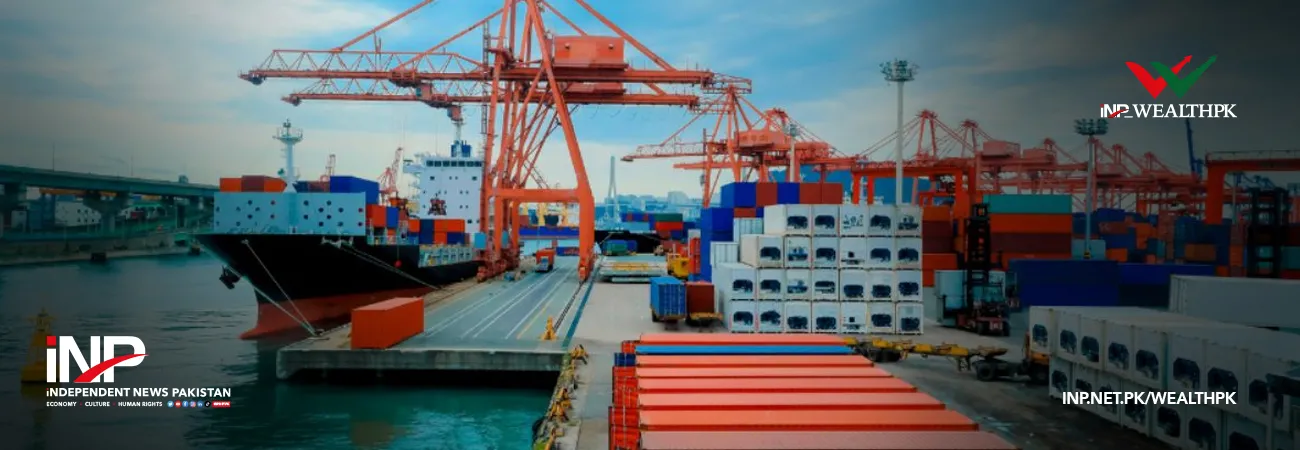INP-WealthPk
By. Hamid Mahmood ISLAMABAD, October 28 (INP-WealthPK): The United Nations hosted the second Global Sustainable Transport Conference in Beijing in mid-October to discuss problems and explore solutions and possibilities for achieving global sustainable transportation. The goals of this sustainable mode of transportation are to increase safety, resilience, efficiency, and minimize environmental impact. This sustainable transport is part of the 2030 Agenda for Sustainable Development. Addressing the conference, Chinese President Xi Jinping said that China would build the China International Sustainable Transport Innovation and Knowledge Centre, which would help to accelerate the development of sustainable transportation throughout the world. China will push ahead with high-quality Belt and Road cooperation, improve infrastructure connections with neighbouring countries, and accelerate the development of a green Silk Road and a digital Silk Road. For a decade, China has been a leader in providing public transport to its citizens. China has a higher density of contemporary public transport services for both urban and inter-city public transport services than the nations with similar development status, and even the countries with a higher GDP per capita. Furthermore, China has become a pioneer in green transportation innovation, as well as a top manufacturer and operational expert in green public transit. The Chinese State Council Office will release a white paper in December 2021 to offer a comprehensive picture of China's achievements in the sphere of transportation and to communicate China's policy and efforts in developing a sustainable transportation system with the world community. China works together with Belt and Road Initiative (BRI) nations to boost infrastructure connectivity, cooperation and establish a high-quality development path that benefits all member countries for peace and prosperity. China assists Pakistan in achieving sustainability in the transportation industry under this vision. Main Line 1 (ML-1), Karakoram Highway (KKH), Orange Line, Gwadar Port, and other projects listed in the table below under China-Pakistan Economic Corridor (CPEC) were highlighted as effective examples of sustainable transportation in Pakistan.
| CPEC Infrastructure Projects | |||
| # | Project Name | Length (KM) | Estimated Cost (US $ M) |
| Road | |||
| 1 | KKH Phase II | 118 | 1315 |
| 2 | Peshawar-Karachi Motorway | 392 | 2889 |
| 3 | Khuzdar-Basima Road N-30 | 110 | 19.19 billion Rupee |
| 4 | Upgradation of D.I.Khan (Yarik) - Zhob, N-50 Phase-I | 210 | 76 billion Rupee |
| 5 | KKH Thakot-Raikot N35 remaining portion | 136 | 719.8 |
| Rail Sector Project | |||
| 6 | Expansion and reconstruction of existing Line ML-1 | 1830 | 6808 |
| 7 | Havelian Dry port | 392 | 65 |













